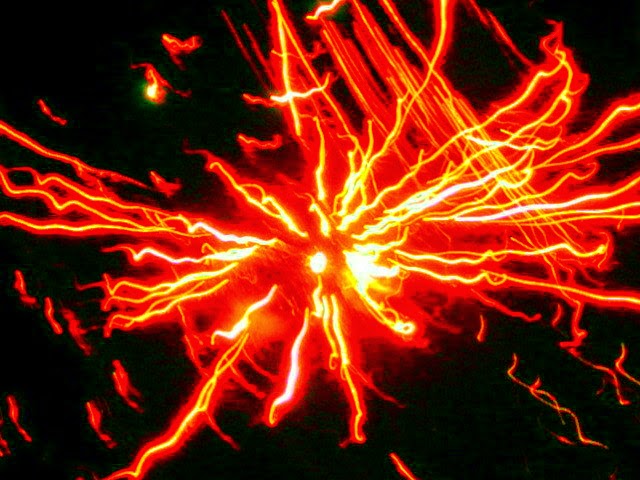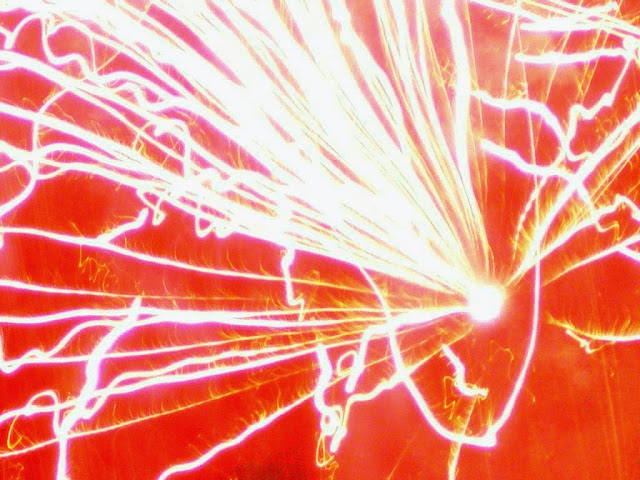THE
FALL - ALBERT CAMUS
The Fall - Albert Camus' famous monologue; thoughtful,
contemplative and... unsettling, I guess. Multi-layered so as to be
read as though the fictional narrator by the name of Jean-Baptiste
Clamence is addressing a stranger encountered in an Amsterdam bar or
as Camus himself addressing the reader directly. Whatever, it's a
very effective style of writing that slowly but surely pulls you in
until you realise you're trapped in the folds of Camus' world and
there's no easy way out.
The Fall was Camus' last book he wrote before he died in a car crash
at the age of 46 and is considered to be his most misunderstood if not most difficult work. If
you read through his books from The Stranger, to The Myth Of
Sisyphus, to The Plague, to The Rebel, you can see a progression in
his thought and a development in his skill as a writer. Ever deeper
he was digging into the question of suicide and the Absurd and though
The Fall isn't the complete flowering of his ideas, it's probably as close as
he ever got.
I do wonder, even though The Fall is a classic, does anyone actually
know what the story is about before they start reading it? I very
much doubt it. A reader might have an idea of what the book is
concerned with but it's only after finishing it that you realise it's
like a Trojan horse and its real meaning is in its depths, which is
almost being smuggled into you. Essentially, The Fall is a mirror
held up to the reader and what the reader chooses to do with that
reflection is entirely up to them.
Jean-Baptiste Clamence describes himself to the person he's talking
to (the reader?) as a 'judge-penitent' and it's only when you finish
reading the book that you come to understand what is meant by this.
Clamence explains how he was once a very successful, benevolent
Parisian lawyer who was near-perfect in every way a man could wish:
rich, cultured, noble of mind, dignified, courteous, popular,
generous, good-looking, athletic, etc, etc. A man at the height of
his powers.
In these exalted heights he revelled, in plain view of all other
people so they might see what a wonderful person he was. His
existential crisis begins, however, when walking home one night over
a bridge in Paris where he sees a young woman peering over the
railings into the river below. After passing her, he hears from
behind him the sound of a body striking the water and then several
cries drifting away downstream before falling silent. He remains
there rooted to the spot in shock but rather than turning around or
running for help he slowly gathers himself and starts to walk away in
the rain, never mentioning the incident to anyone.
From there on he begins to have moments of clarity, realisation and
insight into his true character. When he hears laughter it for some reason unsettles him, as if the laughter was aimed at
him. He catches himself doffing his hat to a blind man whom he's
escorted across a road and realises it's not for the blind man's
benefit that he doffs his hat - he's blind, so he wouldn't know - but
to people looking on so they might see what a kindly man he is. After
playing a part, he was taking a bow. He's involved in an altercation
with a motorcyclist and ends up being publicly humiliated, then
bitterly resents how he didn't simply give his adversary a good
thrashing and then walk away with head held high. His whole life,
it dawns upon him, is hypocritical so he starts to wilfully damage
his own reputation and destroy his perceived good character, setting
himself on a path to social suicide.
To escape himself and to be free of the judgement by others he enters
realms of debauchery, taking up with prostitutes and drinking for
nights on end; and for a time this succeeds in erasing the laughter
though at the cost of damaging him physically. Finally, he closes his law
office, leaves France and travels; ending up in the Red Light
district of Amsterdam, a city below sea level where poor and rich men
alike from all the corners of the world wash through like so much
dirty water down a drain.
And there now Clamence waits for them in a bar. Making their
acquaintance and relaying his story; changing or highlighting aspects
of it according to whom he's talking to on any given evening.
Through the acceptance of his hypocrisy and the absurdity of his
existence, and by falling as far as he can, he has found a freedom he
wishes to tell others of. There is no turning back and no second
chances for anyone, hence the no escaping from his walking away from
the event on the bridge in Paris or the public humiliation suffered
during the altercation with the motorcyclist. There is no escape from
the absurdity. There is no grander height to scale than the very
bottom. Those men who are above others in whatever way (such as the
Pope - the name of which Clamence was given whilst being held in a
prisoner of war camp) need the most forgiving because they are the
least innocent, they are the most hypocritical, and they are the most
absurd.
The brilliance of The Fall is that it is as I said like a mirror
being held up to the reader. What the reader sees in that mirror and
how it's interpreted is down to them. The very title 'The Fall', for
example, could be read as referring to the woman on the bridge and
the incident that instigated Clamence's existential crisis or to Clamence's
self-inflicted fall from supposed grace as a lawyer in Paris to a
dispossessed judge-penitent in Amsterdam. Or if you're American it
could be taken as another name for 'Autumn'. Or it could even just be read as the name taken for one of the most
interesting and uniquely individual bands in British music of the
last few decades, fronted by a curmudgeonly Mancunian by the name of
Mark E Smith...
"In the midst of winter, I finally learned that there was in me
an invincible summer."
John Serpico














